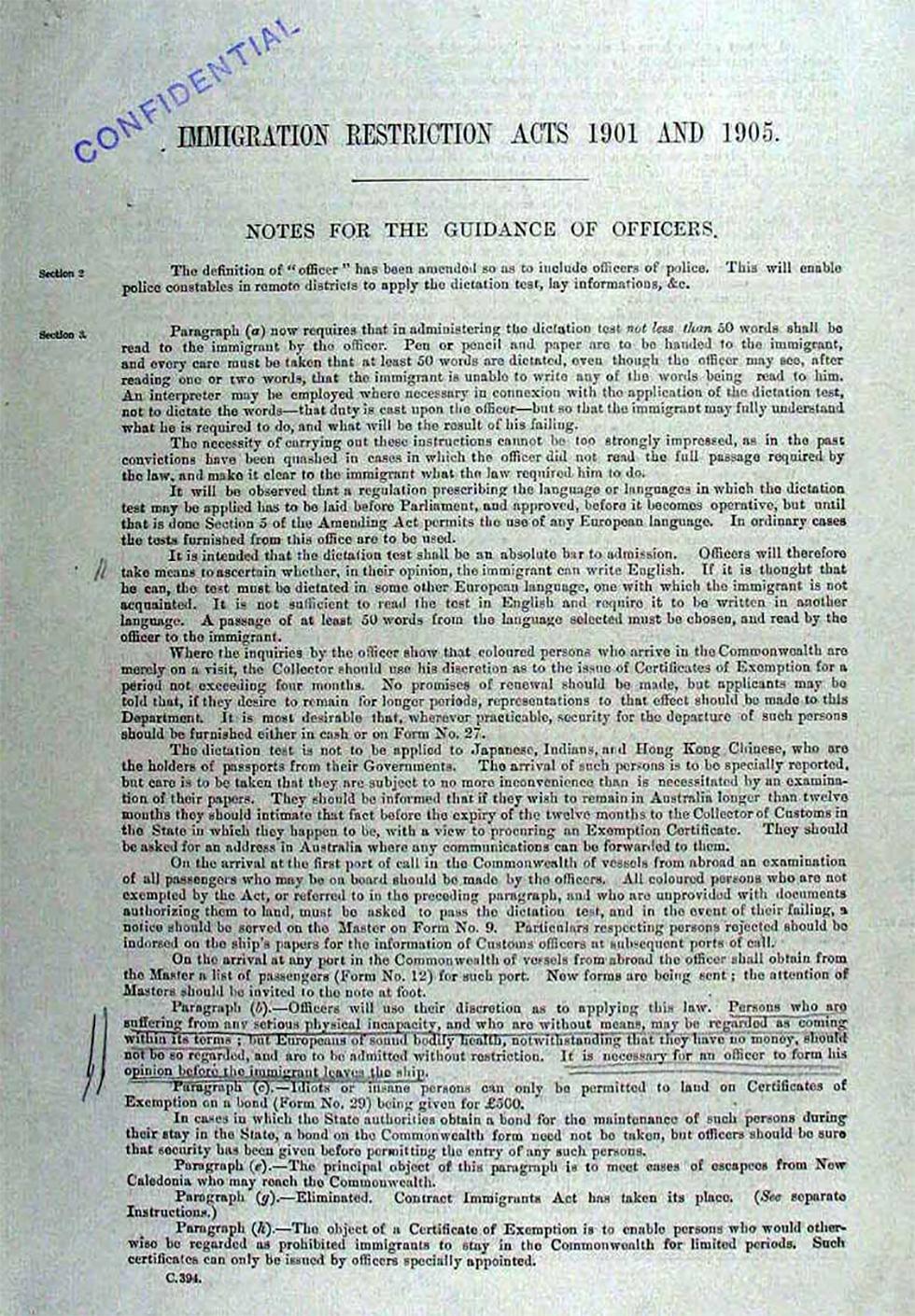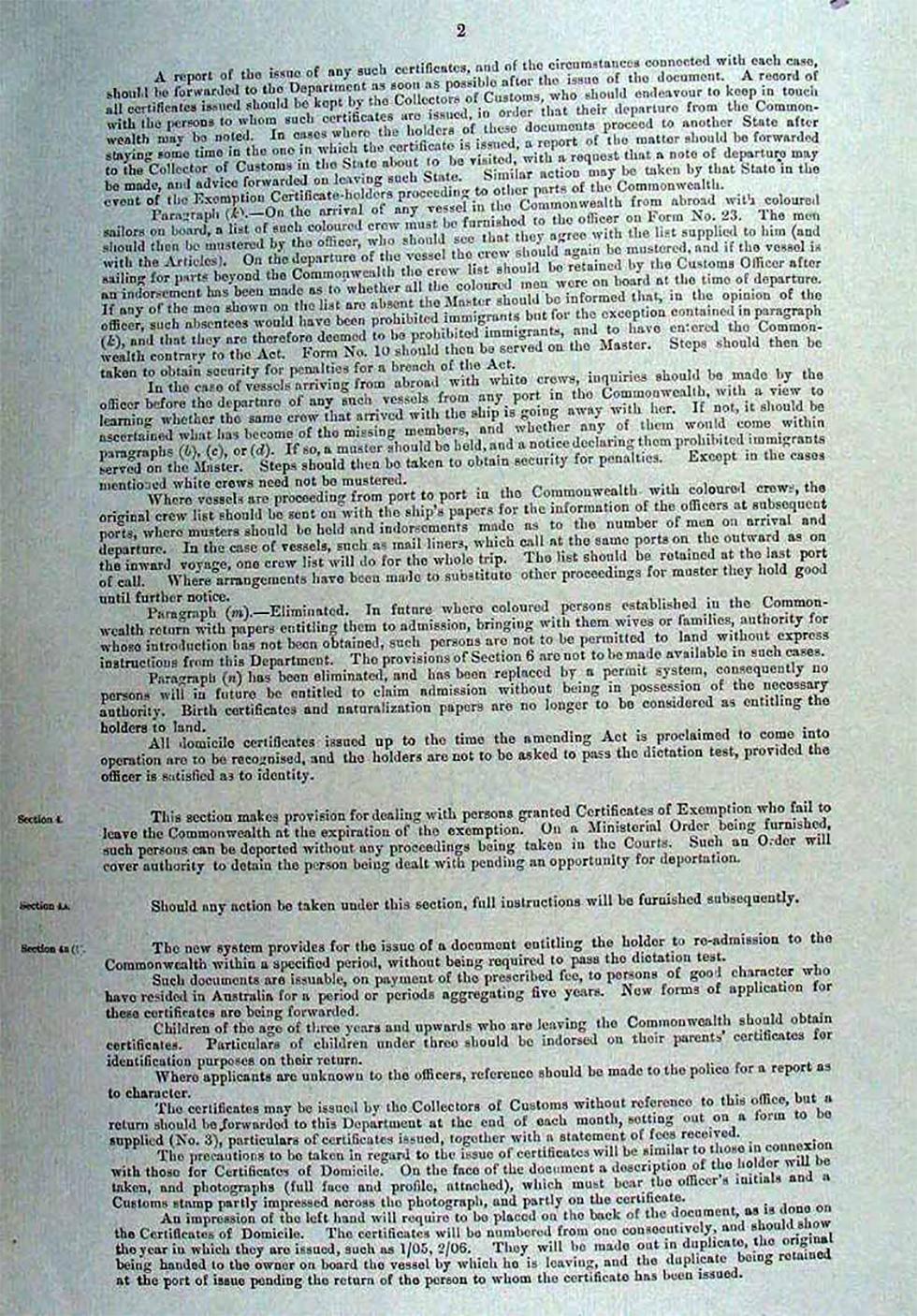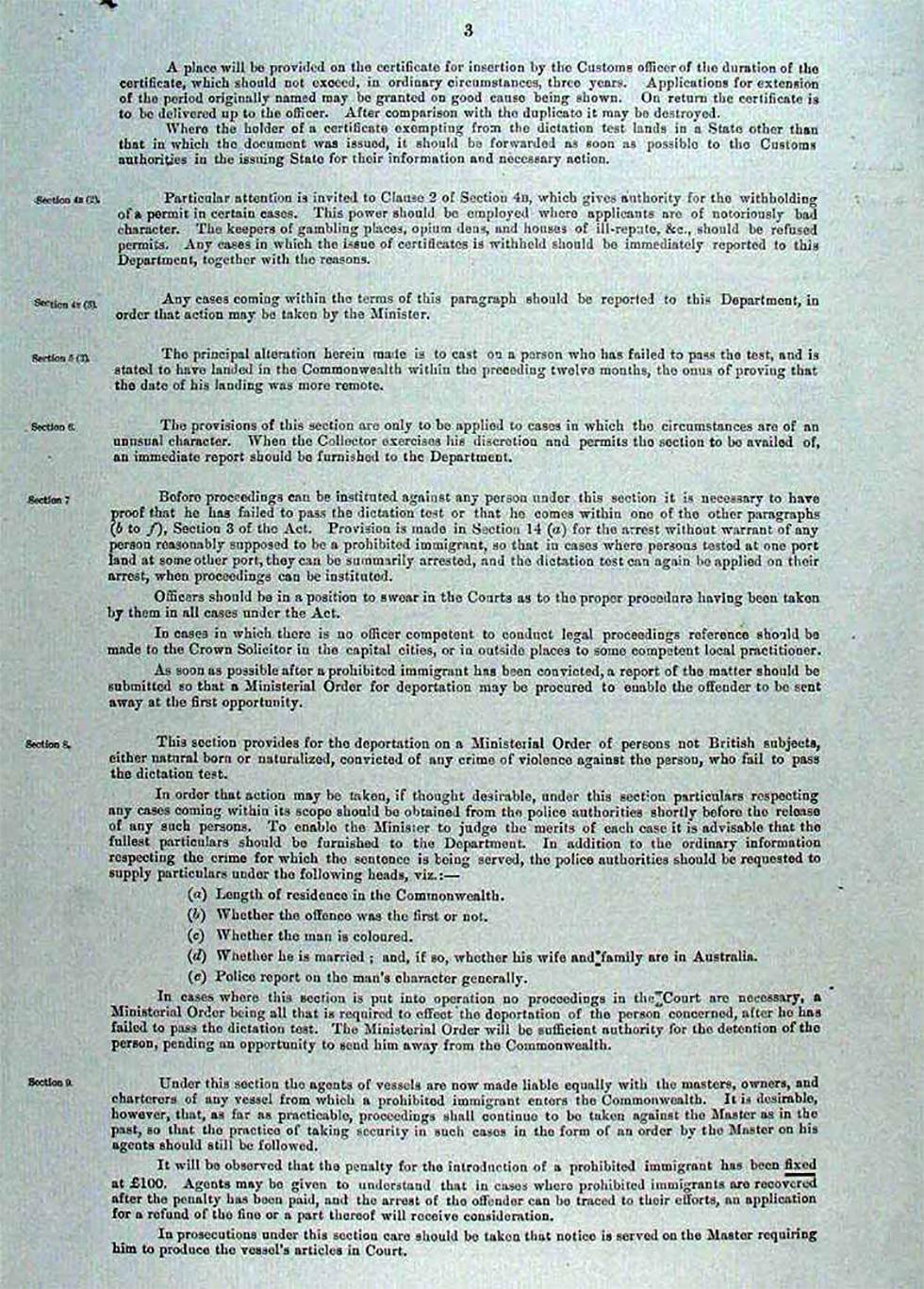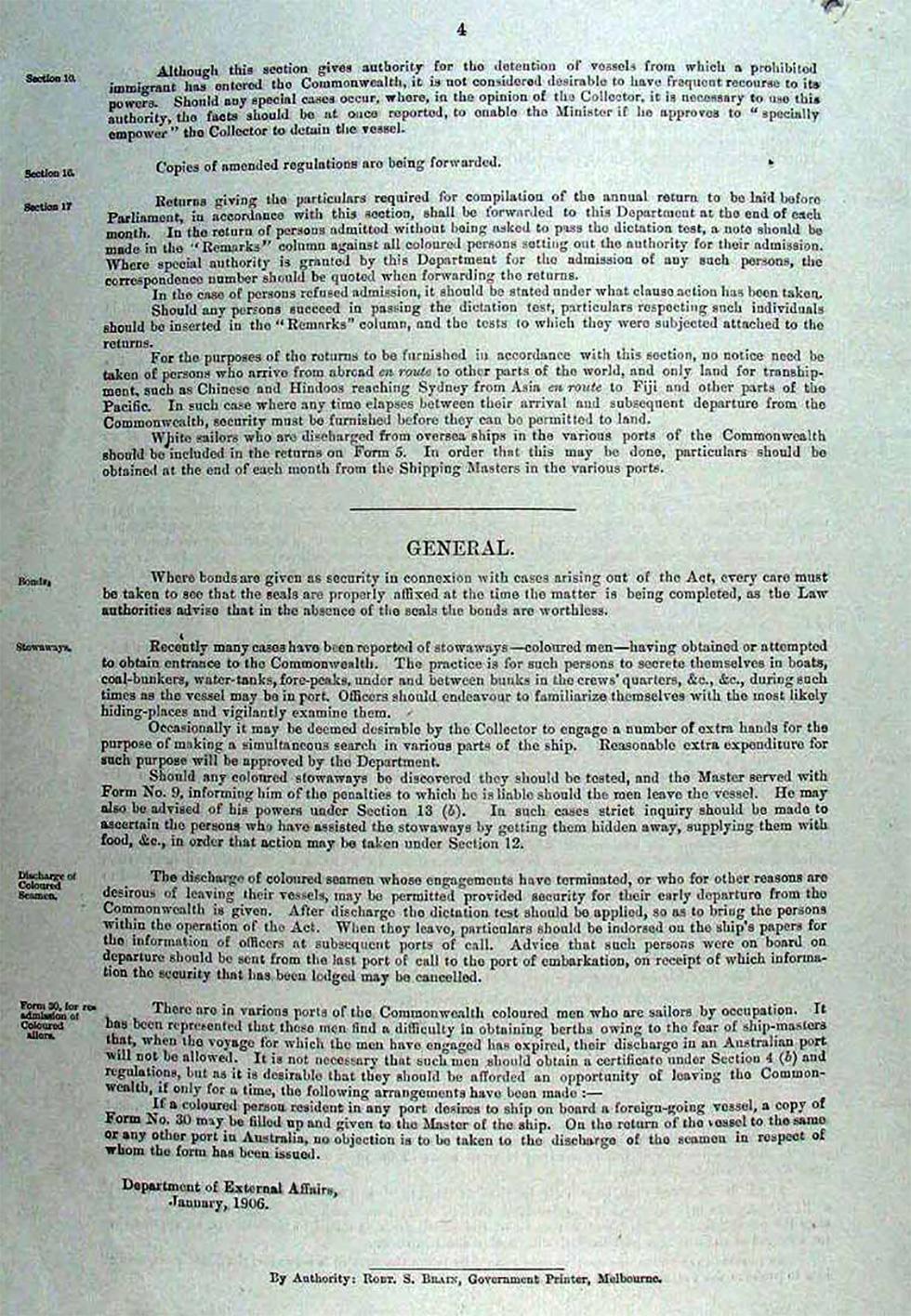
A circular of notes for the guidance of officers.

A circular of notes for the guidance of officers.

A circular of notes for the guidance of officers.

A circular of notes for the guidance of officers.




